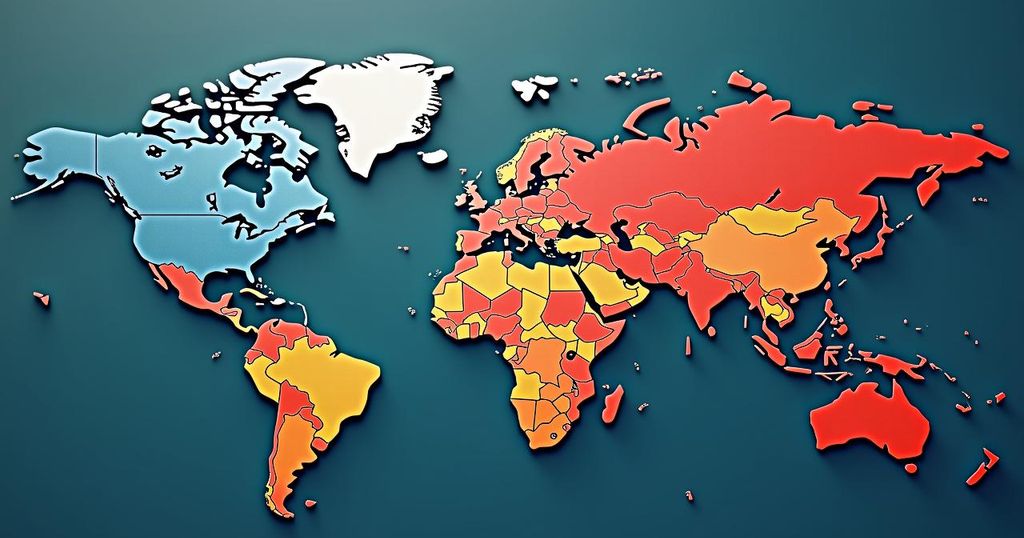The Global Implications of the Upcoming U.S. Elections

The upcoming U.S. elections may have significant repercussions for international relations, particularly with Europe regarding support for Ukraine. The article reflects on the stark contrast between the admiration for the United States during the Obama administration and the current polarized political climate, especially after the events of January 6, 2021. EU diplomats emphasize the importance of American actions and the need for strong alliances as political parties diverge on foreign policy. The implications of the electoral outcome are crucial not only for American politics but for global interactions as well.
The upcoming elections in the United States could reshape not only domestic politics but also have far-reaching implications for international relations, particularly in light of the ongoing conflict in Ukraine. During the presidency of Barack Obama, there was a sense of pride among many Americans as they observed European admiration for the significant achievement of electing an African American president, a milestone that demonstrated progress despite America’s complicated history with race. However, the events of January 6, 2021, marked a stark turning point, revealing underlying societal divisions and raising questions about American democracy’s resilience. In recent discussions with European Union diplomats, it was clear that geopolitical issues are influencing perceptions of the United States, particularly the ramifications of the war in Ukraine. The divide in American politics regarding support for Ukraine underscores a growing concern; Democratic leaders advocate for maintaining alliances, while many within the Republican Party, led by former president Donald Trump, express doubt towards military support for Ukraine, often prioritizing an inward-looking “America First” approach. This divergence may significantly affect how the EU engages with the future U.S. administration, irrespective of its political leanings. Despite the uncertainty, the meeting underscored the interconnectedness of global issues and the responsibility of the United States in addressing challenges that extend beyond its borders. This is particularly poignant as foreign diplomats observe American political dynamics and express their willingness to adapt to whoever occupies the White House while emphasizing that American actions resonate globally. Thus, the stakes are incredibly high not only for the United States but for the international community, as the outcome of the November elections could either strengthen transatlantic relations or exacerbate tensions, specifically regarding the U.S. response to the aggression of regime reminiscent of the Soviet era in Ukraine.
The article discusses the implications of the upcoming U.S. elections on international relations, notably regarding the European Union’s perspective on American politics and the situation in Ukraine. The author reflects on experiences from the Obama administration, highlighting how previous administrations were viewed abroad compared to the current political climate marked by polarization and recent events such as the Capitol riot on January 6, 2021. It emphasizes the importance of understanding how elections affect not only national issues but also the global political landscape, particularly in light of the ongoing war in Ukraine and contrasting responses from different factions within the U.S. Congress.
In conclusion, the forthcoming U.S. elections hold significant potential to affect not only domestic policies but also international relations, particularly concerning support for Ukraine amidst its conflict with Russia. The ongoing political divisions within the United States, especially regarding foreign policy priorities, could alter the trajectory of transatlantic relations and the role of the U.S. on the global stage. As both EU diplomats and American citizens closely observe the evolving political narrative, the importance of maintaining strong international alliances cannot be overstated, especially in the face of geopolitical challenges. The stakes for democracy, both domestically and internationally, are increasingly high, and the outcome of these elections has the potential to shape the future of global stability and cooperation.
Original Source: rollcall.com








